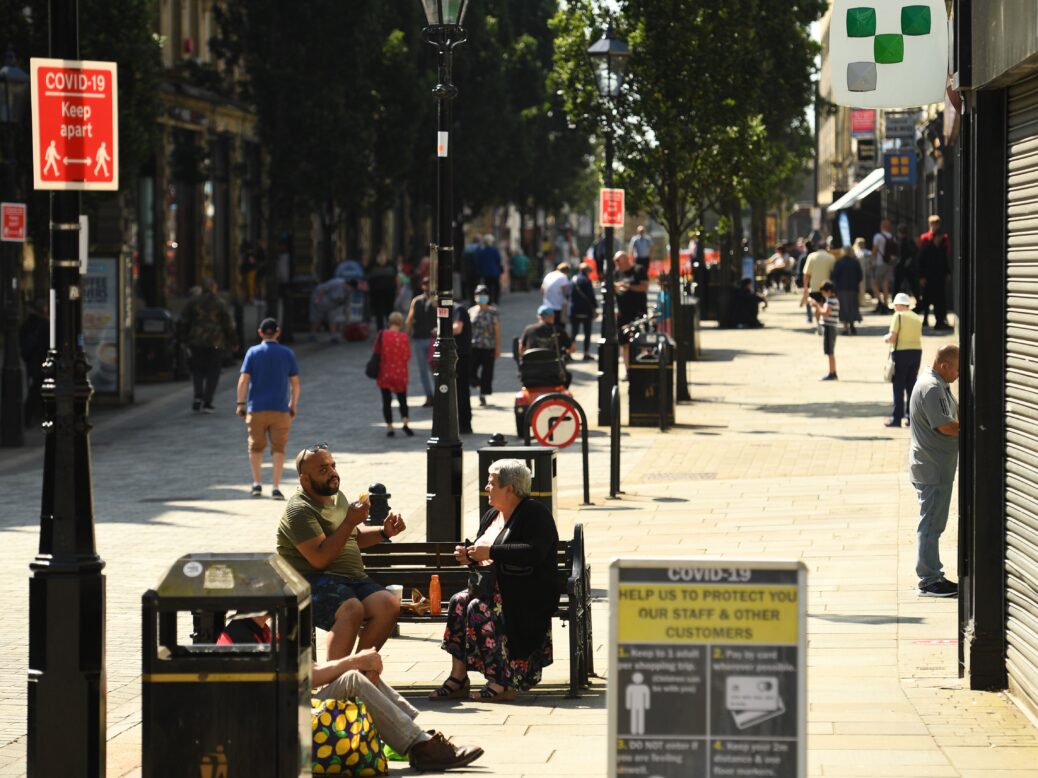
Are the United Kingdom’s BAME communities failing to take lockdown seriously enough? That’s the eyebrow-raising claim made by Craig Whittaker, the Conservative MP for Calder Valley, who went on to specifically single out British Muslims for blame, a claim Boris Johnson opted not to disown at his press conference today.
One problem with Whittaker’s thesis is that there is no credible explanation as to why British Muslims wouldn’t take social distancing as seriously as any other group of British citizens. Social distancing is being observed throughout much of the world, including in Muslim-majority countries, as the haunting but beautiful photos of Muslims on the Hajj demonstrate.



